CONSUL
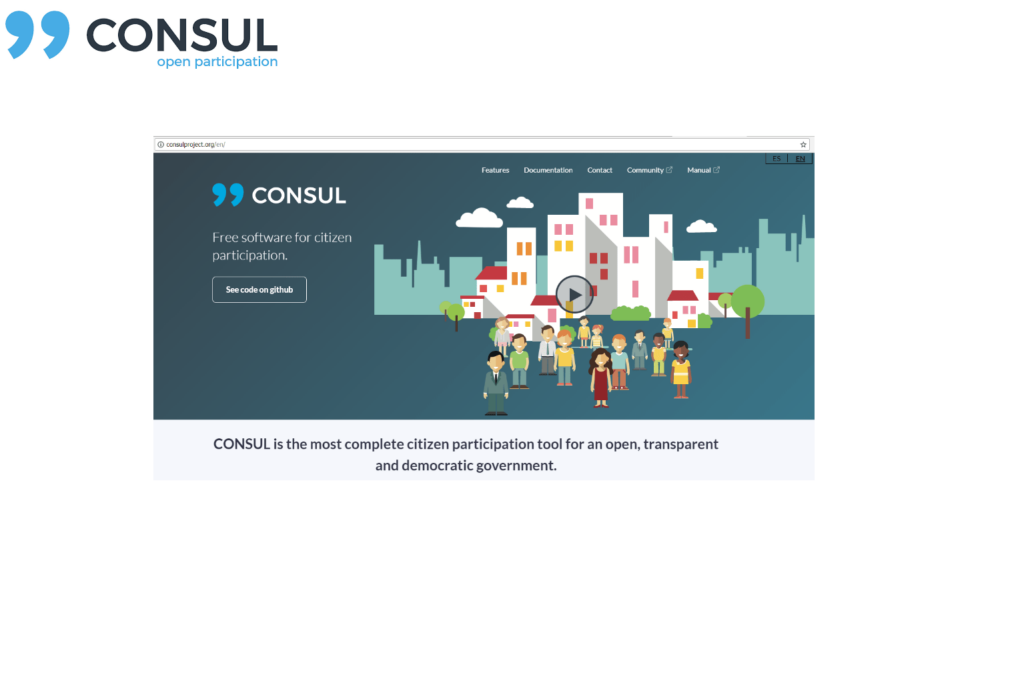
CONSUL is a digital participation platform that aims at helping governments across the world to install, deepen, and extend a culture of participation. Over 200 governments already use the platform, as do other stakeholders. CONSUL offers a comprehensive platform for different participation projects. It can be customised and includes options such as debates, proposals, voting, […]
Ushahidi
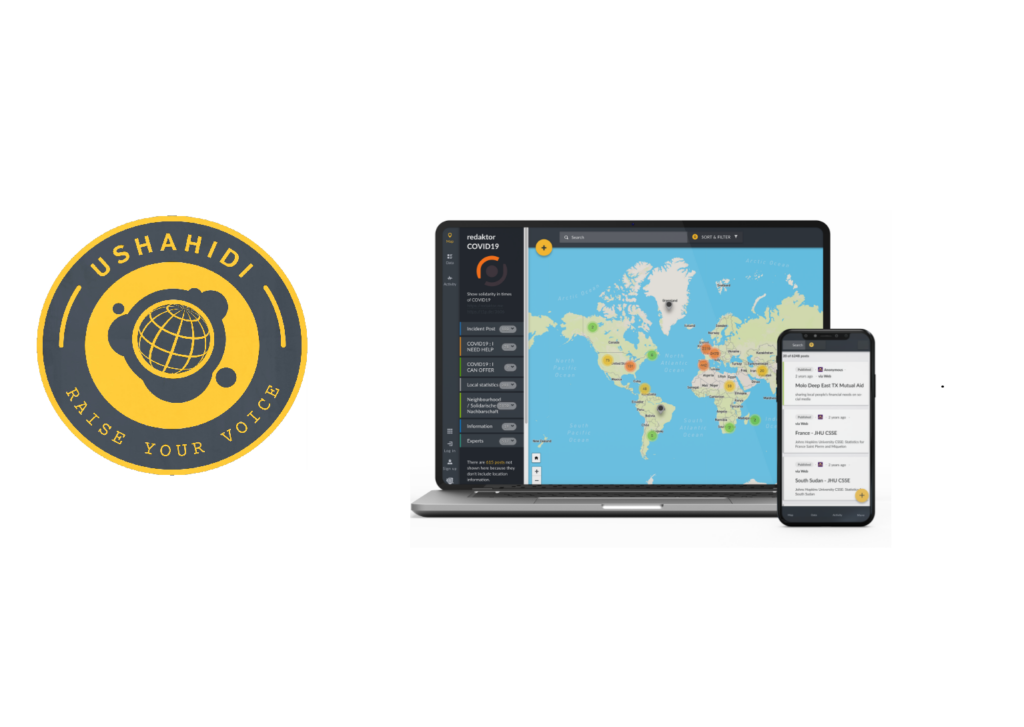
Ushahidi is a global not-for-profit technology company that develops integrated tools and services that enable people to generate solutions and mobilise communities. The innovative Open Source technology allows communities to participate and to raise their voices regardless of geographical or technological constraints. Over the last 15 years, Ushahidi has been deployed over 200,000 times in […]
Citizen OS
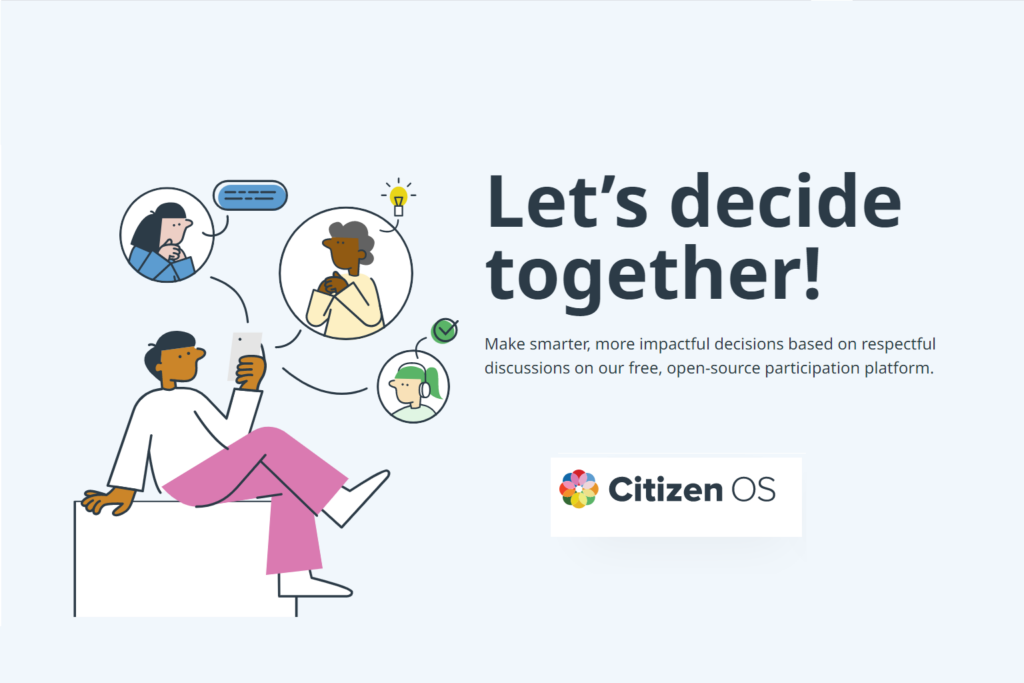
Citizen OS is a non-profit organisation and civic technology registered in 2015. It has headquarters in Estonia and a newly registered chapter in Indonesia. The company operates worldwide through its free-to-use web application, app.citizenos.com. In addition, Citizen OS offers education programmes to foster digital transformation, offering workshops aimed at activists and civil leaders. Participatory leadership […]
Participation in Action: Turkey
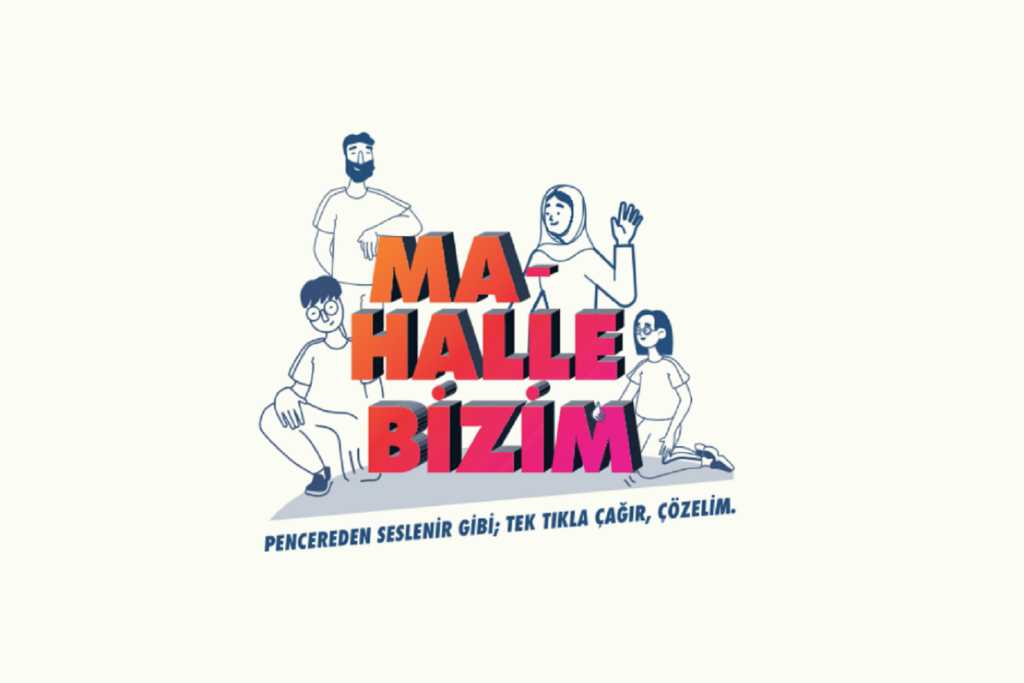
What does participation in action look like? In this series, we will showcase successful examples of projects that used PartiCipate to set up their participatory projects. In Turkey, the Qudra 2 project developed a mobile application called “The Neighbourhood is Ours” to enable digital participation. The goal is the equal distribution of municipal services. By […]
Participation in Action: Kyrgyzstan

What does participation in action look like? In a new series, we will showcase successful examples of projects that used PartiCipate to set up their participatory projects. In Kyrgyzstan, the “Prospects for Youth” project, in which Azamat Abdurakhmanov worked as an Advisor has wrapped up in the end of 2022, but there are many lessons […]
What does participation mean to you?

At PartiCipate, we talk about participation all day long. But what does it actually mean to us and our project partners? And what are the reasons behind picking participatory methods over other methods? To inspire you for your own participation journey, we have compiled our favourite quotes from the team and our partners: To most […]
Urban October 2022: Time to consider citizen participation

October is the urban month. Every year, UN Habitat invites us to join a conversation about the challenges and opportunities created by the fast rate of change in the world’s cities and towns. Everyone interested in sustainable urbanisation from national and local governments, universities, NGOs, and communities is encouraged to hold or participate in events […]
What’s New With PartiCipate – Enabling Digital Citizen Participation

The journey of PartiCipate continues. After winning the GIZ Innovation Fund, let us give you an update on latest news and our next steps. TheGIZInnovationFund’sBestProductAward As you know, our vision is to build a digital advisory platform on citizen participation. Throughout last year, our team worked on designing and testing the toolkit, in close collaboration […]
Digital Participation in Times of Covid 19: We have revised selected approaches

With social distancing measures likely to be around for some time and with challenging questions and decisions in front of us, we have seen a the need for high-quality digital engagement flourish. There is an opportunity to try new online approaches, see what works and what doesn’t, and combine it with as much face-to-face interaction […]
Youth Participation project in Kirgizstan
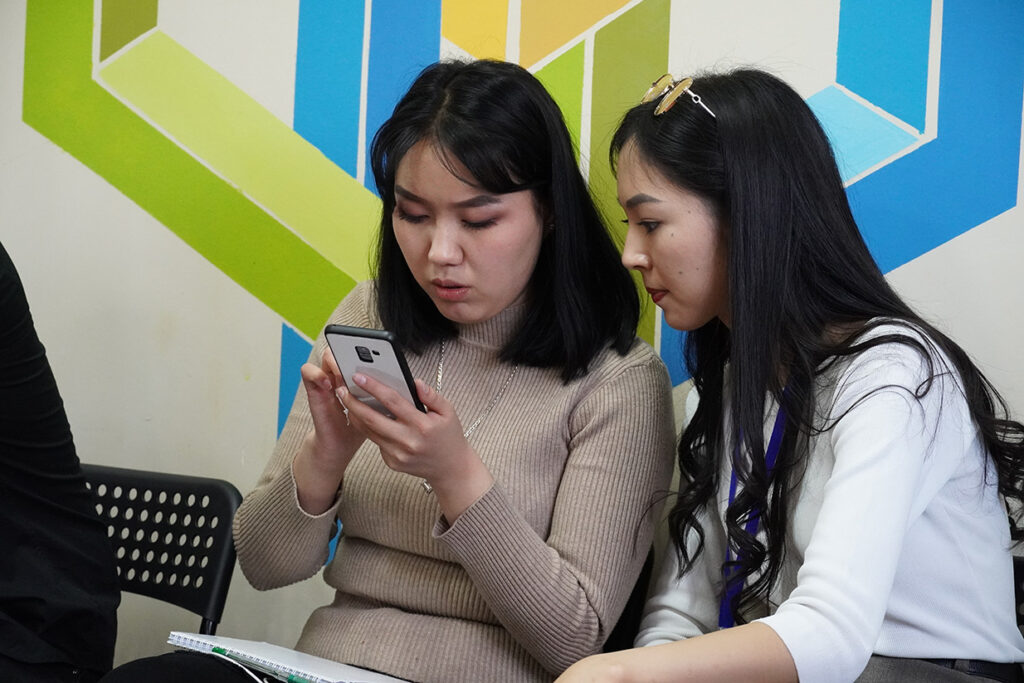
With the advice of the GIZ supported project “Prospects for Youth” 20 municipalities in Kirgizstan are now embarking on setting up a digital participation platform which allows young people to participate in public decision making processes. By using digital participation methods the municipalities are able to reach roughly 270.000 citizens. First examples include involvement of […]